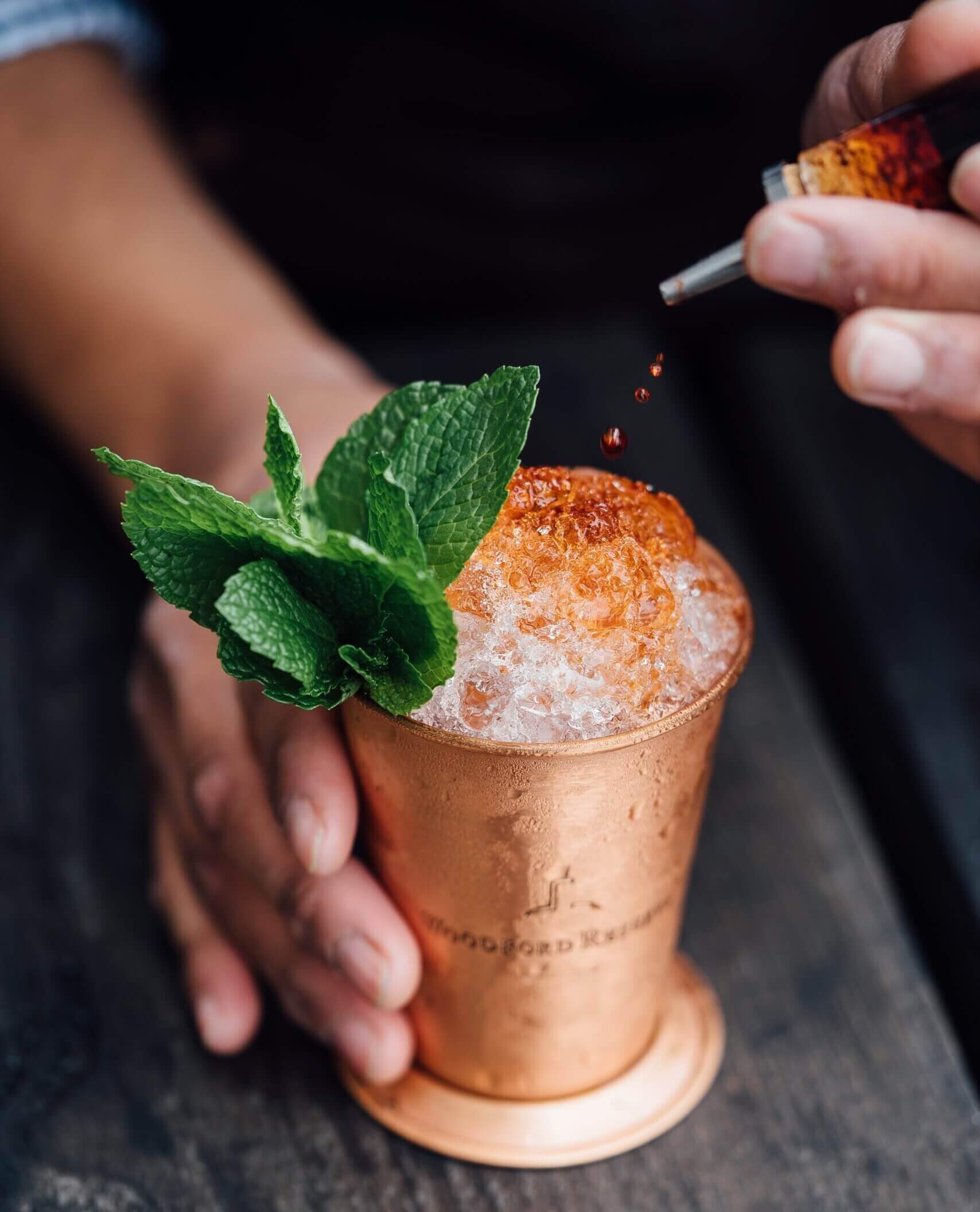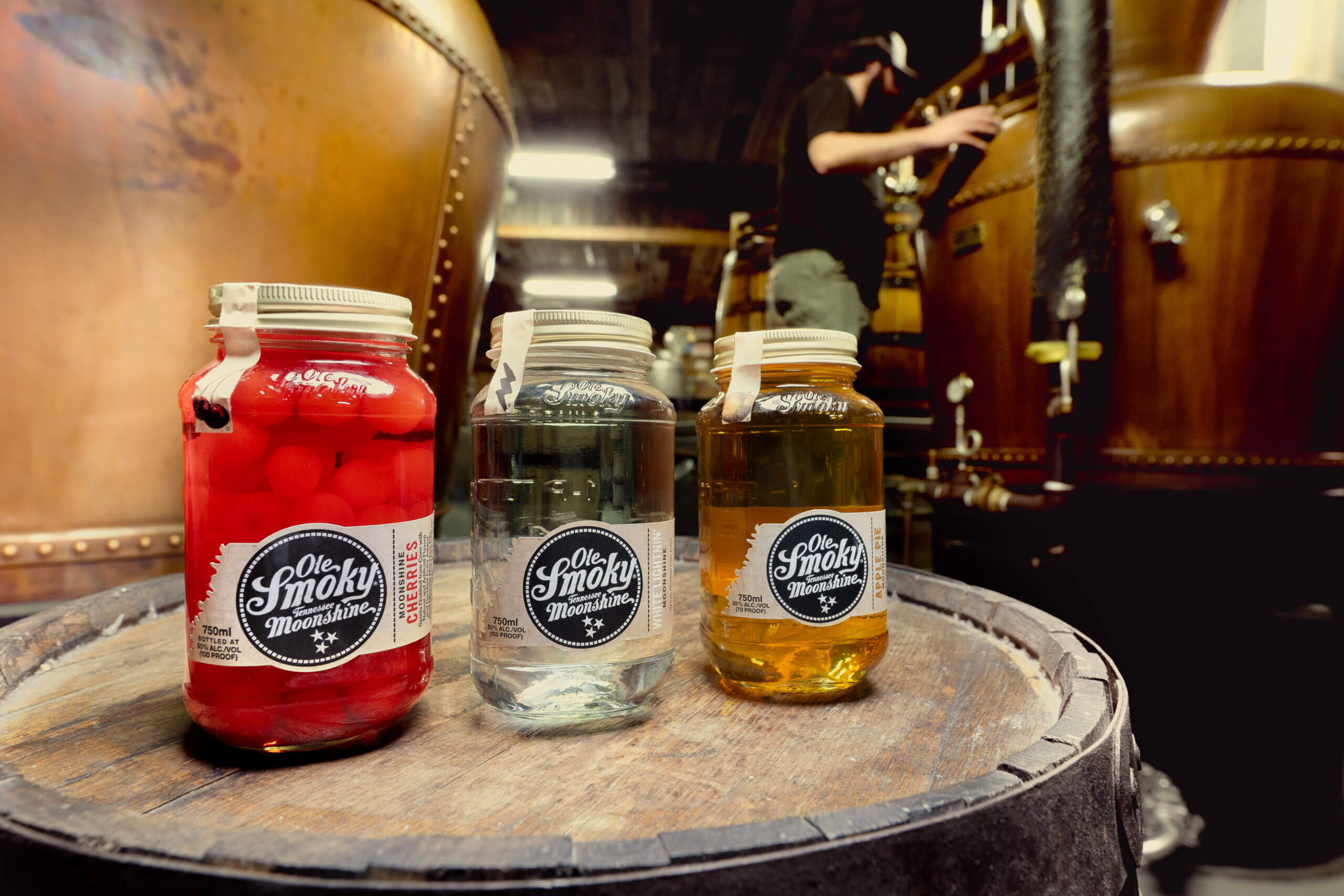5 Eco-Friendly Distilleries Working to Reduce Their Carbon Footprint
By Paul Artrip
Most of us have some strong opinions about the environment.
They may not be universally the same ones, but the environment engenders more attention and focus every day. Toss in the ever-increasing interest of accurate product labeling and being more conscious of what we eat and drink, and we’ve created more public focus on what we buy and why. Whether for business, image, saving money or ethical reasons, many distilleries are researching and adopting eco-friendly practices with more investment on the quality of their products. They may implement more prevention and less mitigation and clean-up, reduce/reuse/recycle more efficiently, reduce their carbon or water footprint, or work on sourcing ingredients based on their environmental impacts.
Some of our imported spirits arise from distillerieswith an environmental focus. Tiburon Rum is from Belize’s Travellers Liquors distillery, which focuses on locally-sourced ingredients. “The historic Orange Walk region of Belize produces sugar cane and molasses for many distilleries, but Travellers makes sure that some of the ‘best of the best’ stays home in Belize and goes into our rum,” says Basil Destefano, President of Tiburon Rum. “Local sourcing means less shipping, less transportation and more local economic support.”

Berkshire Mountain stills
Quite a few of our domestic distilleries are also working hard to be eco-friendly, like California Distilled Spirits that produces Darjeeling Gin. “Here at California Distilled Spirits, the biggest ‘water footprint’ reduction came from building our main condenser oversized,” says Ed Arnold, California Distilled Spirits owner and lead distiller “This cuts water usage by almost half, as the larger cooling volume gives the vapor more time in the condenser, thus requiring less water flow. A simple change, and not too much added cost if done at the beginning. Water is a big issue here in Auburn and statewide here in California, so we try to do as much conservation and wise use as we can.”

Berkshire Mountain greenhouse
When talking with Kelly Railean, Owner and Master Distiller of Railean Rums in San Leon, Texas, she brings up their long, extensive commitment to the environment. “We always recycle like crazy,” she says. “Glass, cardboard, cans and 55 gallon plastic and metal drums. We buy recycled paper products across the board, run our forklift on propane instead of diesel or gas, use low SEER (seasonal energy efficiency ratio) A/C and heating in our tasting room, regionally sourced molasses, and our rums have no artificial colors, sweeteners, flavors or sulfites. We use our old shipping pallets to make decorations, fences, furniture, etc. Basically, we will try and re-use anything and everything! Not only is recycling and watching our carbon footprint good for the environment, it also saves us money as a company—and that is reflected in the price point of our products.”

Berkshire Mountain Distillers front entrance and garden
Chris Weld, the owner and master distiller of Berkshire Mountain Distillers in Sheffield, Massachusett, embraces eco-awareness as a moral imperative throughout his product production. “The distillery is next door to our family,” he says. “We live here. My children live here. My neighbors live here. It sounds cheesy, but at this point, we all have to battle for what’s right for the Earth. We grow as much of our distillery ingredients as possible right here on the farm using organic or IPM (integrated pest management) as the situation dictates. We use cogeneration, moving the heat from the distillery into heating water for our crayfish farm. We compost distillation wastes and use the methane it makes to generate electricity, which we use and also put back into the ‘grid.’ We are adding a greenhouse in the future, with a botanicals bed where local bartenders and mixologists can harvest same-day ingredients for their cocktails. It all really does make financial sense when you seriously study permaculture and apply it to distillery operations.”

Solar panels at Alcoholes Finos Dominicanos distillery
A global leader in distillery environmental operations is the producer of the Ron Barceló rum. The Alcoholes Finos Dominicanos distillery in the Dominican Republic is one of the pioneers in the reuse of bagasse (sugar cane pulp remaining after the juice extracted) as a biomass fuel. AFD has achieved production of 96 percent of their electricity used throughout the year from biomass cogeneration using the bagasse as well as solar panel power generation. In 2011, Barceló Export Import became the first rum company in the Dominican Republic certified under the International ISO 14001 Environmental Management System, used worldwide as the global standard for business and industrial environmental quality and achievement. Barcelo has also achieved a carbon footprint reduction of 24,000 kg of CO2, quite an accomplishment.
Ron Barceló master distiller, Eduardo Galindez, sees environmental responsibility as a factor in producing quality spirits. “Our Barceló alcohols come strictly from the juice of local, freshly harvested sugar cane, therefore they give our rum a distinctive character,” he says. “Barceló is the only Dominican rum, and one of the few worldwide, being produced under a vertically integrated process that includes the environment as part of our process. From the cultivation of the sugar cane until the final bottling, Barceló is committed to help the environment by compensating for 100 percent of our CO2 emissions for a neutral carbon footprint.”
This barely touches on the ever-increasing number of distilleries that are focusing on being good stewards of our planet rather than merely consuming resources to make a buck. When distilleries, wineries and breweries push their eco-efforts to the front of their focus, they encourage like-minded consumers to support environmentally-aware products and businesses. There still exists the challenge to better tailor such marketing efforts into increased product support by consumers. Hopefully this work in progress evolves into more success on the horizon.








